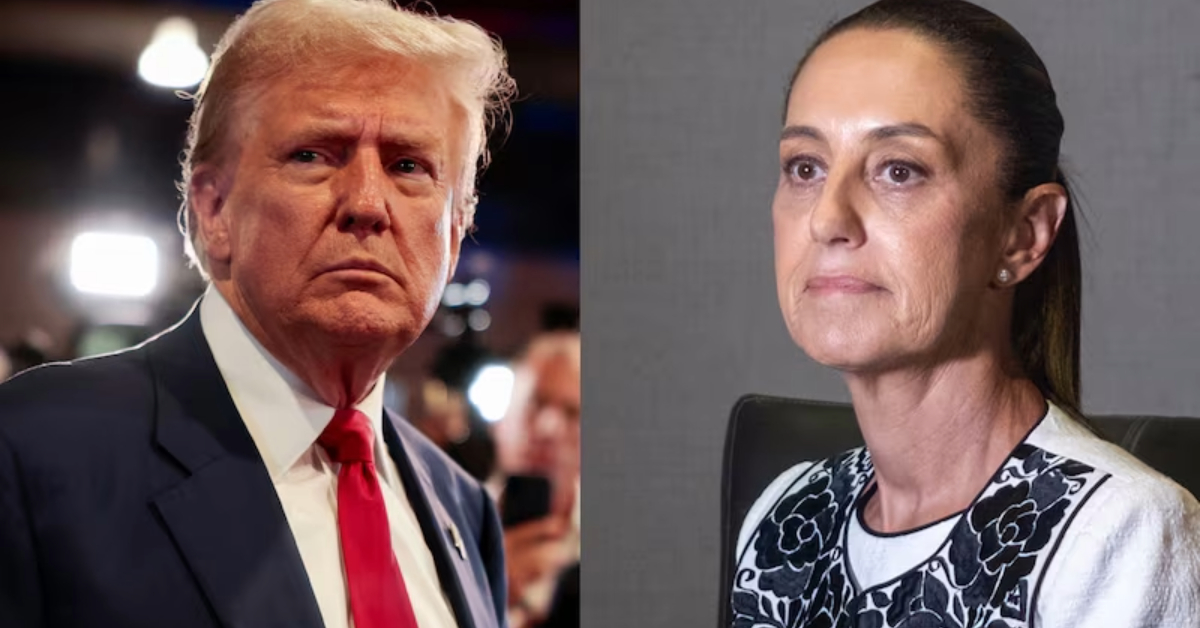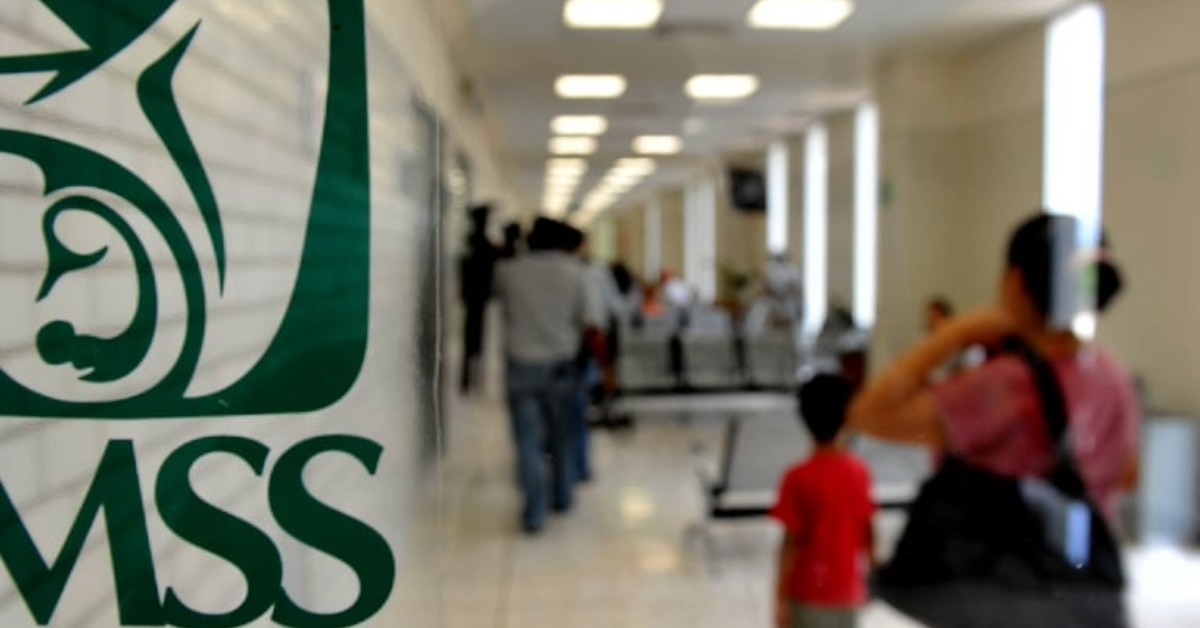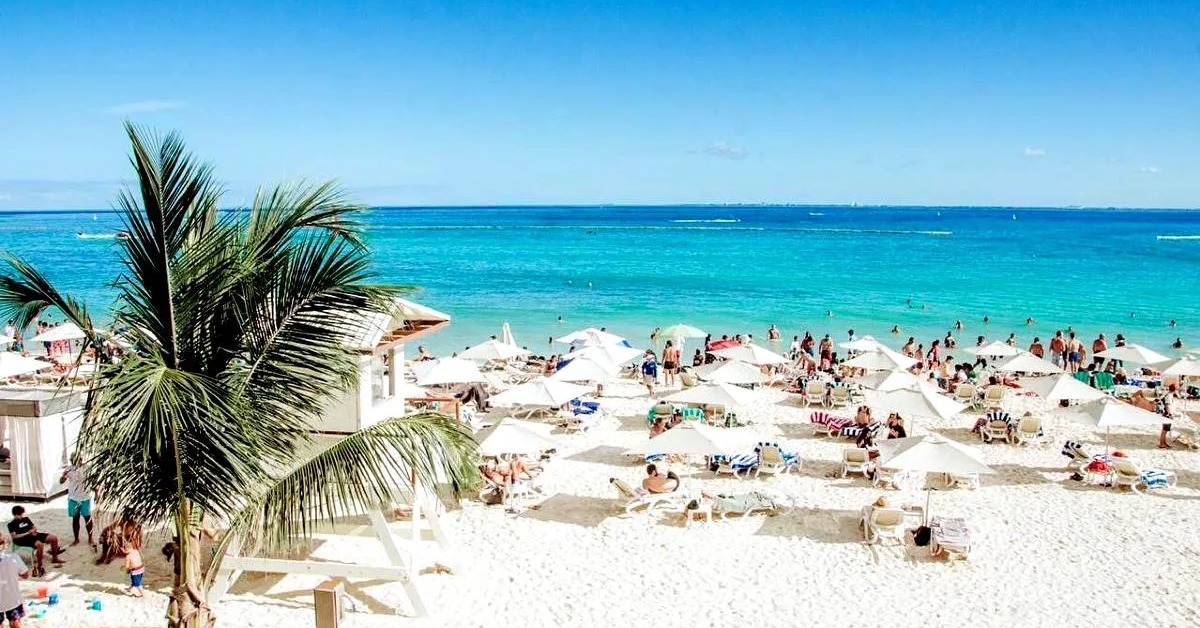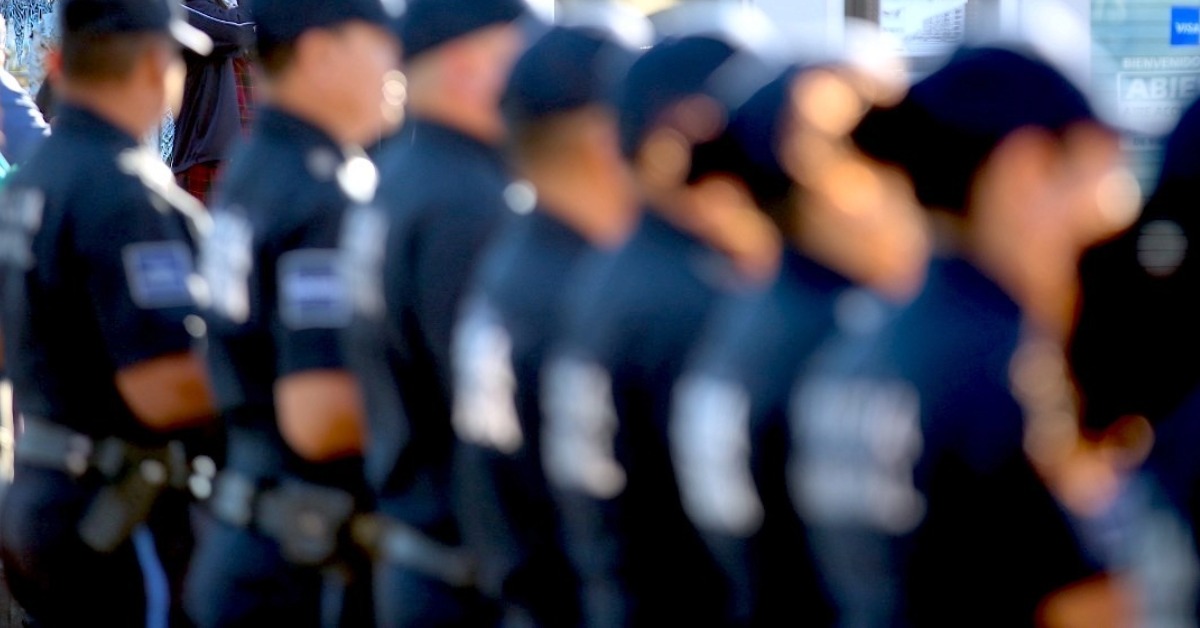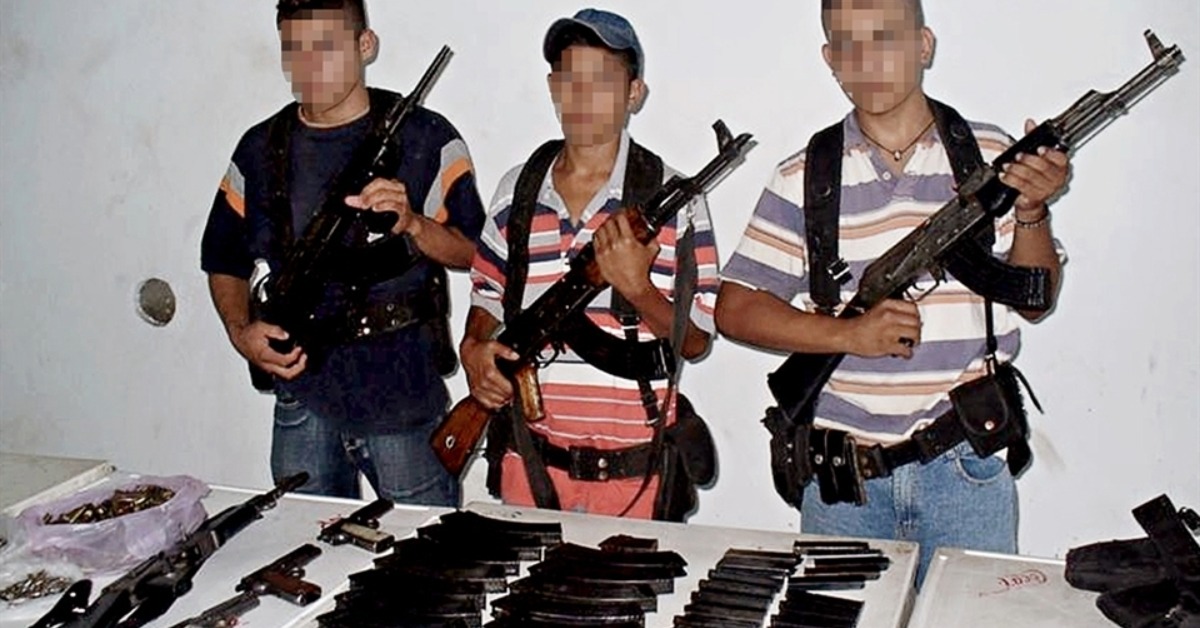Puerto Vallarta, Mexico - President Donald Trump insisted today that his decision to delay the imposition of 25% tariffs on Mexican imports by one month was unrelated to market reactions or criticism from political allies. Trump framed the move as part of a strategy to secure increased border security commitments from Mexico.
